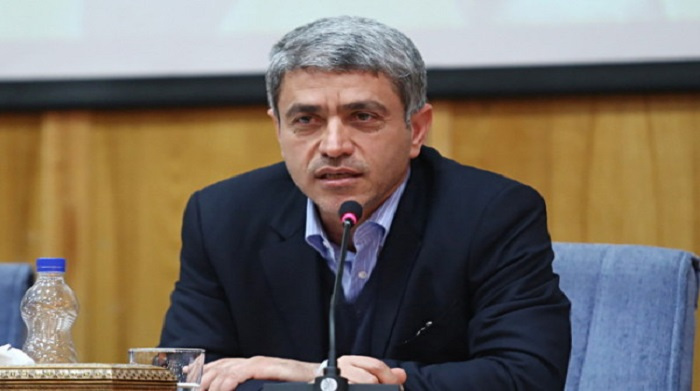Central Insurance Stirred Over Astronomical Pay Slips

The Rouhani administration’s bold insistence on exposing jobberies, embezzlements and other various kinds of financial corruptions, occurred under the preceding President Ahmadinejad, has had its own costs and the administration in office will continue to have to pay for it in the months to go before the next presidential election.
The pay slips first published by Mizan, of the Judiciary’s media center, ranged from 20 to 70 million tomans (6.5 to 23 thousand US dollars), about one hundred times more than the minimum wage in some cases.
A committee swiftly formed to investigate the issue, following Finance Minister Ali Tayebnia’s orders, says the larger part of the payroll concerned promotion raises and delayed salaries of the past 84 months and that the average amount paid to CII directors stand at a fifth or tenth of the pay slips that slipped out to the media. Bimeh Markazi also issued a statement saying it receives no money from the country’s treasury and pays its salaries and benefits through its own revenues, in an effort to soothe “the solicitous”.
Despite the exculpation, the CII director-general Mohammad-Ibrahim Amin resigned in a letter addressed to Tayebnia, calling the attacks on the CII, the minister and the administration ‘organized’ and apologizing as his authority and confidence had been too weakened to continue his job. Bimeh Markazi dominates the reinsurance segment, serving as a regulatory upstream organization that works to expand and guide the overall industry.
The whistleblower episode seems to be a counter response after a similar case surfaced, exposing a principlist MP who had received huge sums from the Majlis. Backed by the First Deputy Speaker Mohammadreza Bahonar, Mahdi Kouchakzadeh shrugged off responsibility by saying he had deposited the sum in interest-free funds to give them away to revolutionary individuals and forces, including those fighting in Syria.
Over the past decade, Iran’s economy has been subject to political rivalry more than ever. Mahmoud Ahmadinejad whose ‘clean-handed’ cabinet is now convicted of multi-billion corruptions, threatened his rivals for eight years to disclose the names of tens of “economic corrupts” but declined to hand the list in his pocket to the Judiciary, even after his tenure ended.
His fair-weather principlist supporters now turned ardent critics unconsciously fear being considered accomplices to those corruptions. Mahdi Kouchakzadeh, with another loud critic of the Rouhani, Hamid Rasaei, has been at the center of a debate to out-maneuver the administration. The Guardian Council barred both of them from the recent parliamentary election, over what is speculated to be allegations of financial corruption.
There is an allegedly blurred line between “the solicitous”, originally the tail-end of Paydari that have now gained a stronger voice as many opponents of the nuclear deal have joined the initiative, and those “sanctions beneficiaries” who have used the exceptional opportunities amid the country’s need to bypass the sanctions in order to accumulate wealth.
Rouhani and his cabinet have been easy targets for such hard strokes. Thus far, the administration’s top officials have stayed clear of such accusations. The middle managers stricken most severely have taken the previously untrodden path of resignation and apology, in the face of brazen-faced culprits still evading the long hand of the law. What leaves a more long-lasting impact on the minds of voters who will cast their ballots in the next year’s presidential election? Images swirling around suggesting aristocracy or the following letters implying modesty?

